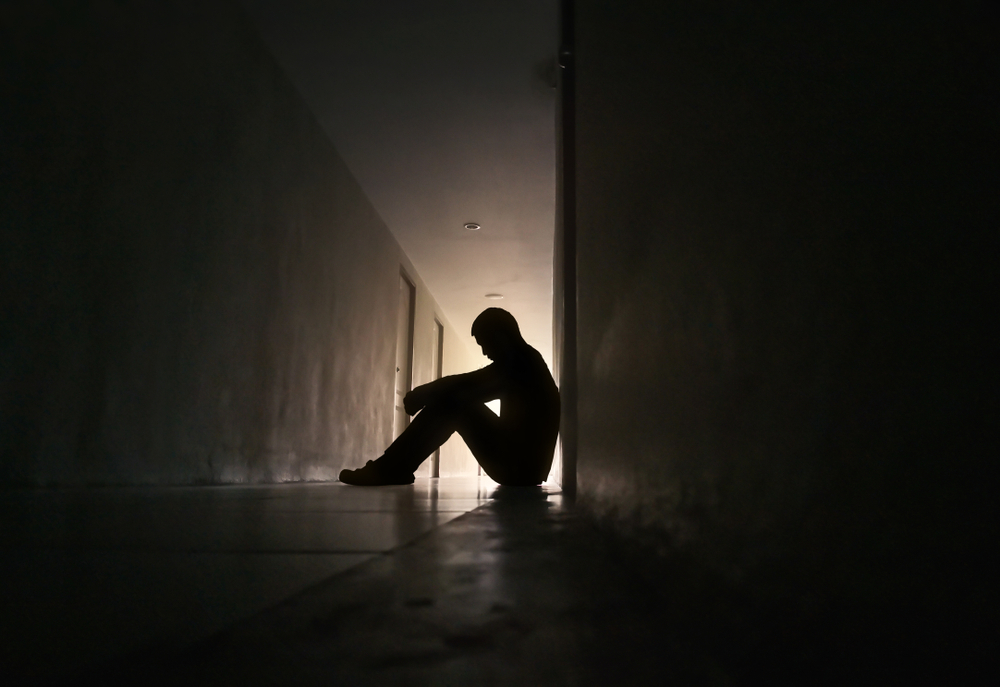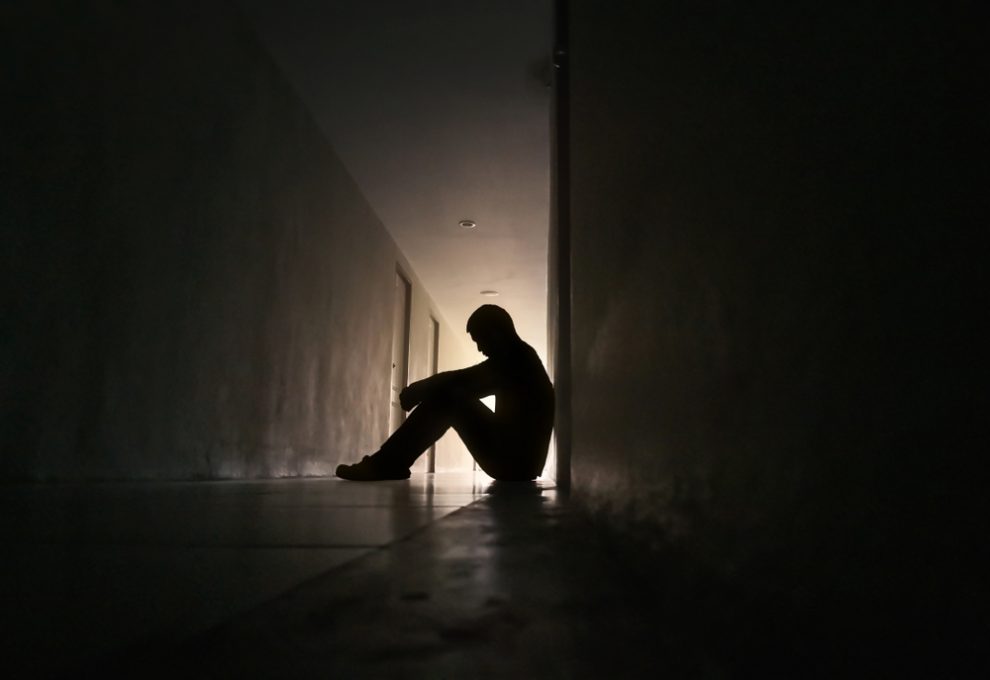Depression is a serious mental health condition that affects millions of people worldwide. It impacts how individuals think, feel, and handle daily activities, often leading to persistent feelings of sadness, hopelessness, and loss of interest in life. Understanding depression is crucial for recognizing its signs, supporting those affected, and seeking appropriate treatment. Here’s what you need to know about depression:
What is Depression?
Depression is more than just feeling sad or going through a rough patch. It is a mood disorder characterized by:
- Persistent Sadness: Feeling sad, empty, or tearful most of the day, nearly every day.
- Loss of Interest: Losing interest or pleasure in activities once enjoyed.
- Changes in Appetite or Weight: Significant weight loss or gain, or changes in appetite.
- Sleep Disturbances: Insomnia (difficulty sleeping) or hypersomnia (excessive sleeping).
- Fatigue or Loss of Energy: Feeling tired, sluggish, or having low energy levels.
- Feelings of Worthlessness or Guilt: Feeling worthless, guilty, or excessively self-critical.
- Difficulty Concentrating: Trouble focusing, making decisions, or remembering things.
- Suicidal Thoughts: Thoughts of death or suicide, or suicide attempts.
Types of Depression
- Major Depressive Disorder (MDD): The most common type of depression, characterized by severe symptoms that interfere with daily life.
- Persistent Depressive Disorder (Dysthymia): A chronic form of depression lasting for at least two years.
- Bipolar Disorder: Formerly known as manic-depressive illness, characterized by cycles of depressive and manic episodes.
- Seasonal Affective Disorder (SAD): Depression that occurs at the same time every year, usually in the winter months.
- Postpartum Depression: Depression that occurs after childbirth, affecting mothers and sometimes fathers.
- Psychotic Depression: Severe depression accompanied by psychotic symptoms like hallucinations or delusions.
Causes of Depression
- Biological Factors: Imbalances in neurotransmitters, genetics, or hormonal changes.
- Psychological Factors: Trauma, stress, or a history of abuse.
- Environmental Factors: Chronic illness, substance abuse, or major life changes.

Seeking Help and Treatment
- Therapy: Cognitive-behavioral therapy (CBT), interpersonal therapy (IPT), or psychodynamic therapy.
- Medication: Antidepressants like SSRIs (Selective Serotonin Reuptake Inhibitors) or SNRIs (Serotonin and Norepinephrine Reuptake Inhibitors).
- Lifestyle Changes: Exercise, healthy diet, and stress management techniques.
- Support Groups: Peer support groups or online communities.
- Hospitalization: In severe cases or when there is a risk of harm to self or others.
Supporting Someone with Depression
- Listen: Be there to listen without judgment and offer empathy and understanding.
- Encourage Treatment: Help them find a therapist or psychiatrist and accompany them to appointments.
- Be Patient: Understand that recovery takes time and setbacks may occur.
- Educate Yourself: Learn about depression to better understand their experience.
Coping Strategies for Depression
- Practice Self-Care: Prioritize sleep, nutrition, exercise, and relaxation techniques.
- Set Realistic Goals: Break tasks into smaller, manageable steps.
- Stay Connected: Maintain social connections and seek support from friends and family.
- Limit Stress: Identify and manage stress triggers.
- Avoid Alcohol and Drugs: Substance use can worsen depression symptoms.
Conclusion
Depression is a treatable medical condition, and with the right support and treatment, many individuals can recover. Understanding depression involves recognizing its signs, understanding its causes, and knowing how to support those affected. By raising awareness and reducing stigma, we can create a more supportive environment for individuals living with depression.









Add Comment